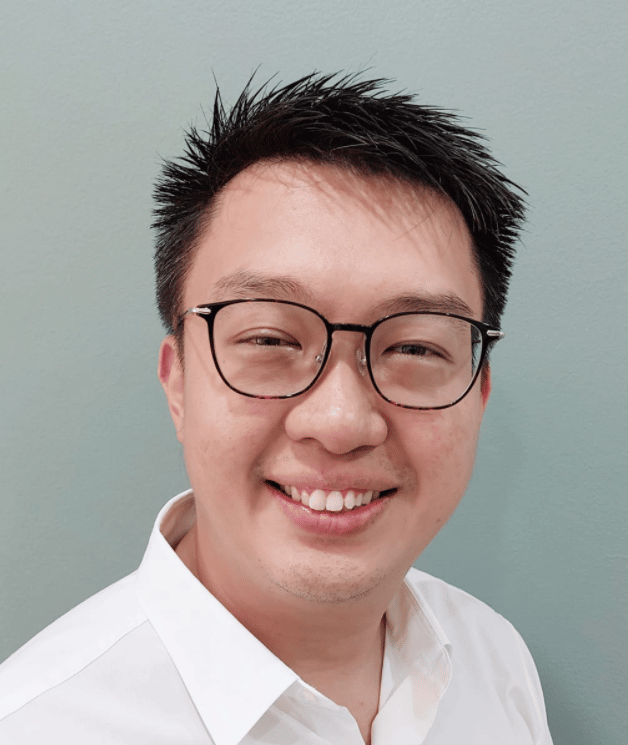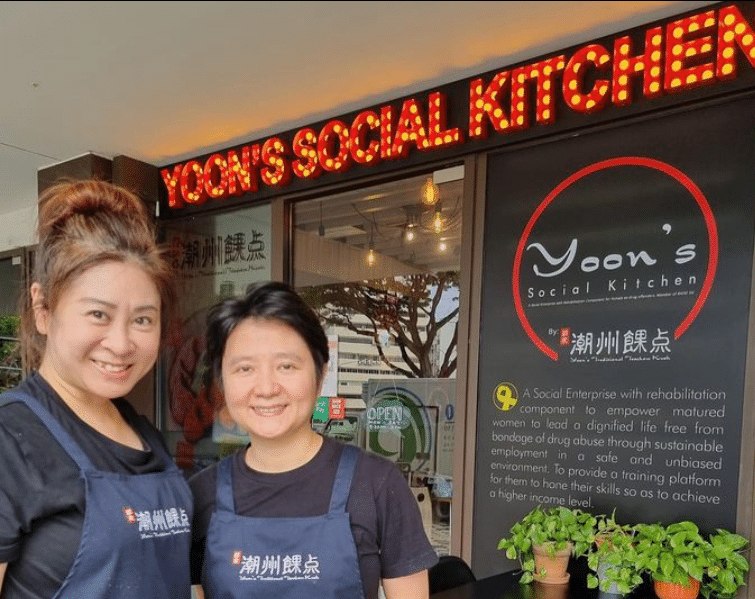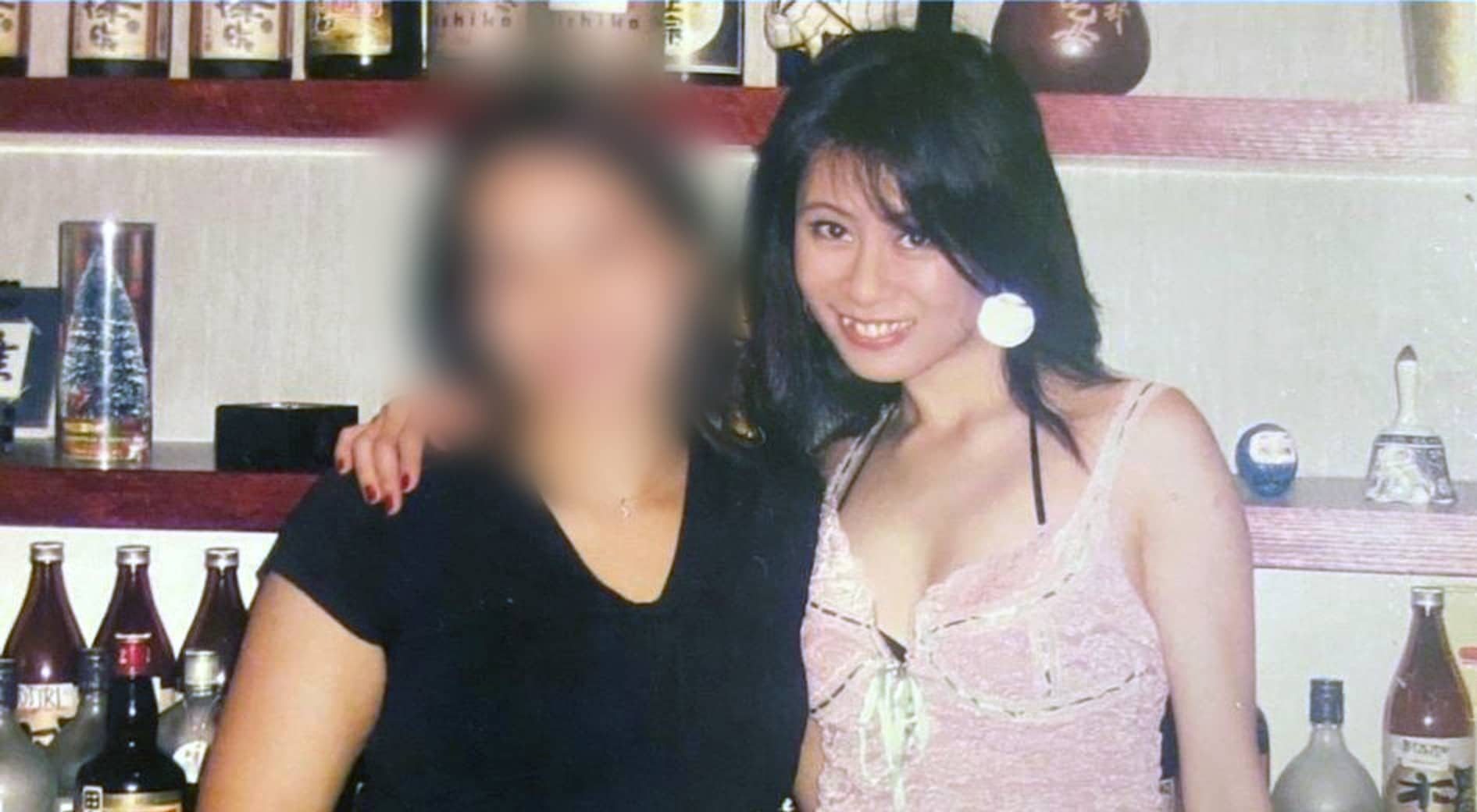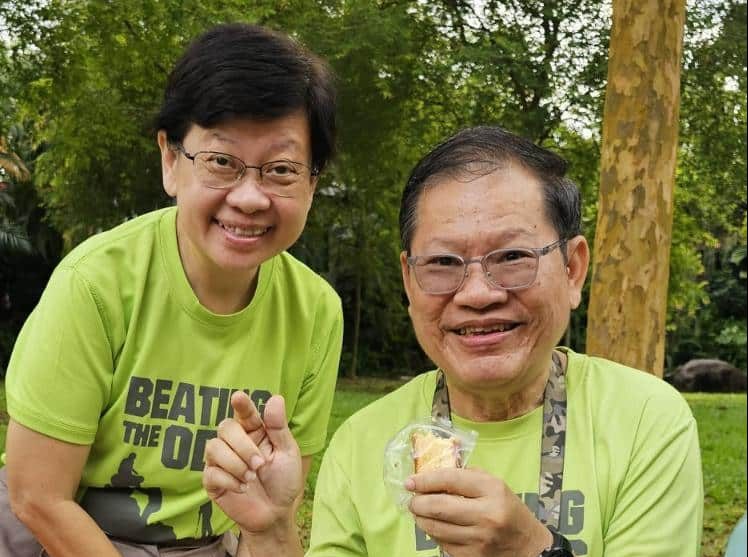Power’s struggle: Is it possible for lambs to live amongst wolves?
Jason Goh // September 23, 2022, 11:08 am
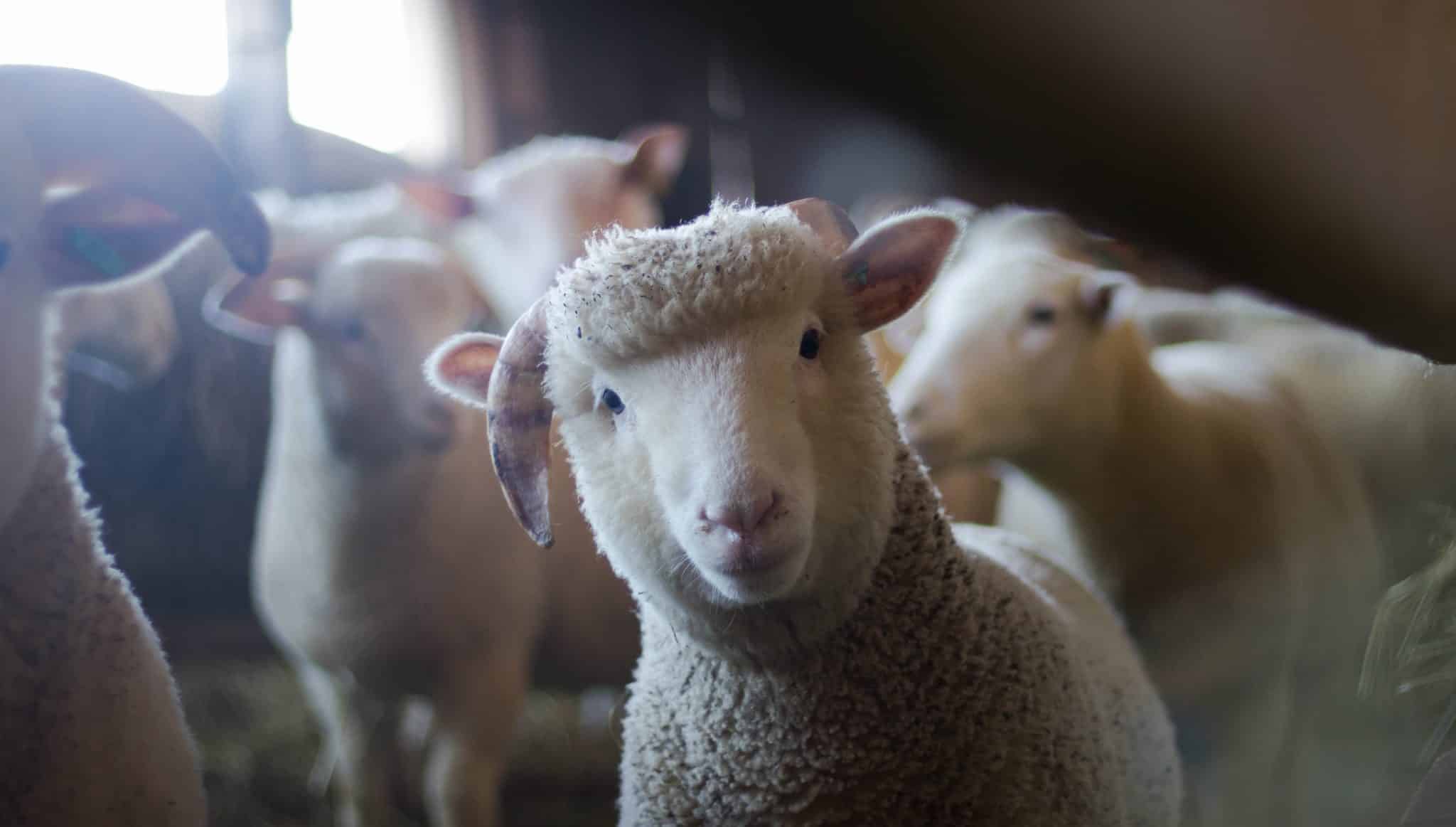
"Being power-aware helps in building a community of Christ that allows the wolves and the lambs to dwell together. It empowers the lambs and humbles the wolves," writes missionary Jason Goh. Photo by Trinity Kubassek on Pexels.
If you ever felt like a little lamb amidst wolves (Isaiah 11:6), you might like what you are going to read. If you often find yourself in a cross-cultural setting or are an aspiring missionary, you might find this relevant to your experience.
We serve with YWAM Chiang Mai, and the ministry gave us a unique insight into this challenge.
The power difference between the lamb and the wolf is glaringly wide. There’s just no way that the lamb can find peace amongst a herd of wolves. It’ll also be torturous for wolves to hold back their claws.
The lamb and the wolf dwelling together is a picture of peace and security.
Doesn’t it sound like a disastrous way to live together? We probably can’t imagine lambs and wolves co-existing.
Yet, the prophet Isaiah, while prophesying the second coming of Jesus, describes what he saw in a vision and spoke these very words: “The wolf shall dwell with the lamb.” (Isaiah 11:6)
In the Kingdom of God, the lamb and the wolf dwell together.
I love this picture of peace and security in which these two animals can dwell safely together. It shows how the power difference between the wolf and the lamb is closed up.
However, this power difference can still be seen clearly in daily life. Here in Chiang Mai, we observe clear power differences when different cultures work together in the same ministry.
Shadows that overpower
Power tends to be a subliminal area of contention in any cross-cultural setting. Power and authority tend to lie in whom the money flows from.
Due to the conservative and communal nature of Southeast Asian cultures, we tend to be overshadowed by cultures that are more expressive, confrontational, and assertive.
Power tends to be a subliminal area of contention in any cross-cultural setting.
To begin with, the number of Thai Christians in Thailand is very low. For our Thai Christian brothers and sisters in YWAM Thailand who receive incoming missionaries, it’d be common for them to be lost in the sea of “farang” (Western) missionaries.
In such a ministry setting, the Thai ministry workers become a minority group in their own country.
We have heard Thai co-workers sharing their struggles of feeling unheard in ministry meetings along with feelings of inferiority. Sometimes, they feel that they cannot match up to Western expectations.
On the other hand, we also see our Western co-workers trying their best to include and encourage the Thais to participate in ministry activities and decision-making. However they sometimes feel like their efforts do not seem to be enough.
Singaporeans have an interesting edge. We are Western in mindset but Asian in culture.
Singaporeans have an interesting edge in this power struggle. We are more Western in mindset but more Asian in culture.
While we appreciate direct communication and dare to voice our opinions, we take a more communal approach to decision-making and shy away from imposing on others. Hence, it’s easy for us to see the relational gap between the Western and Asian cultures that is caused by the power difference.
In many ways, Singaporeans are well-positioned to stand in the gap.
Unwittingly, my wife, Sheryl, and I have served as informal cultural mediators to help bridge expectations to reality when conflict arises between the two cultures.
A unique lens
It comforts my heart to see Jesus’ life on earth through the lens of power.
Jesus’ crucifixion is a reminder of humility to those in places of power.
He left kingdom culture and came to earth in flesh. Our all-powerful God who reigns forever chose to lay down His power to be born as a baby boy.
His surrender of power did not stop there but continued all the way to the cross where He was crucified. Emptied of all dignity and respect, we see Jesus in absolute powerlessness – hanging on the cross, being mocked at, and carried to the tomb.
Yet, three days later, He resurrected!
His resurrection is hope to all who find themselves in powerlessness. His crucifixion is a reminder of humility to those in places of power.
Begin with awareness
For many of us, we might find ourselves straddling between a place of power (wolf) and powerlessness (lamb). Be it in the workplace, at home, in school, relating to a different culture, or with a person of another race, we move across the spectrum of power depending on the situation and how we see ourselves.
Being power-aware motivates me to distribute power in a way that honours God.
Being power-aware helps in building a community of Christ that allows the wolves and the lambs to dwell together. It empowers the lambs and humbles the wolves so that both can see eye to eye.
When I find myself in a place of power, perhaps while doing teaching, training, or leading, I need to remind myself of God’s crucifixion and how Jesus humbled Himself to the lowest.
When I find myself in a place of powerlessness, perhaps while in a meeting with people of a more dominant culture, I need to remind myself of God’s resurrection and how Jesus rose in hope against all odds.
Over time, the act of self-reminding can become a spiritual discipline that redeems my approach to power. It helps me be more aware of the power dynamics between individuals in a group. It also motivates me to distribute power in a way that honours God.
Redemption of perspective
How does the picture of lambs and wolves look like?
It’d differ according to context. For me, serving in Thailand, we see the glaring power difference in multi-cultural ministry settings. For you, you might see it in the context of your church community, or discrimination at your school/workplace.
It’s tough but don’t despair – perhaps a redemption of our own perspective and awareness of power can be a first step to making a difference to your circle of influence!
This was first published on jasonsheryl.com and is republished with permission. Visit their website for more stories of Jason’s experiences as a tent-making missionary.
RELATED STORIES:
“Forgiveness is a big missing link in healing”: Dr Michelle Strydom
We are an independent, non-profit organisation that relies on the generosity of our readers, such as yourself, to continue serving the kingdom. Every dollar donated goes directly back into our editorial coverage.
Would you consider partnering with us in our kingdom work by supporting us financially, either as a one-off donation, or a recurring pledge?
Support Salt&Light